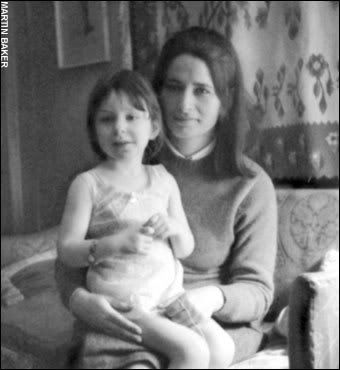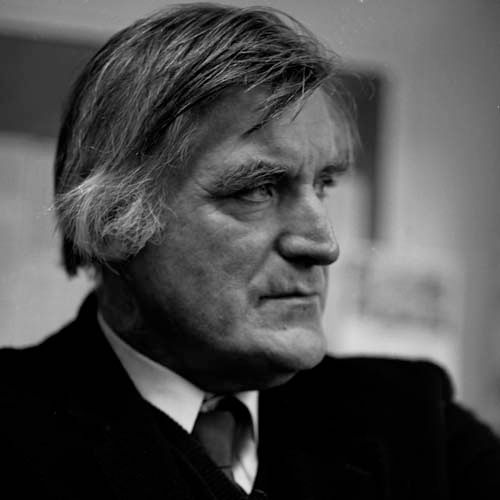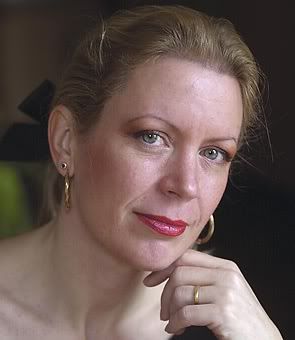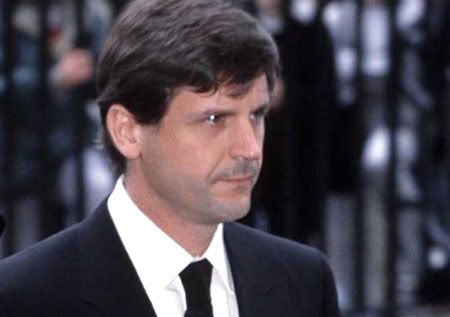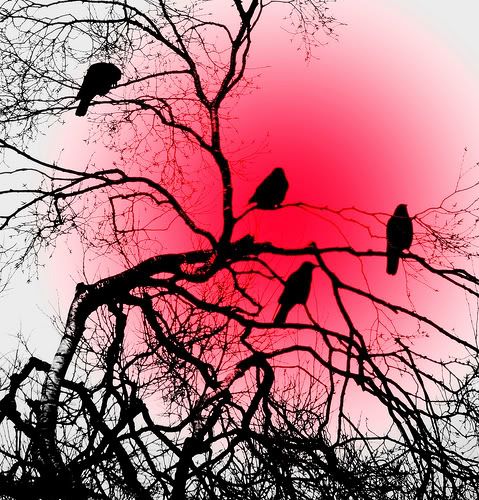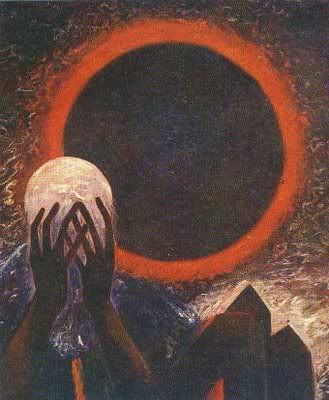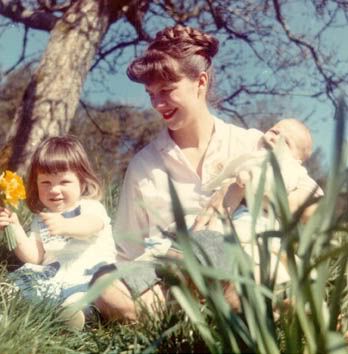
"THE BLOOD JET IS POETRY AND THERE IS NO STOPPING IT"
Sylvia Plath killed herself in February, 1963. In the months previous, her writer's block had vanished with a ferocity that frightened her friends - Was this manic episode the precursor to some huge crash? In those last months before she died, she wrote sometimes 3 poems a day. And these weren't crappy poems, these were arresting terrifying works - works that made her name, works that are now taught in English classes across the land. Some are sheer genius. If you read them in order (the way Ted Hughes placed them in the original version of the book Ariel - published after her death) - you feel her marching towards that oven. You feel her, in poem after poem, dig deeper and deeper into her psychic despair. Plath, recently separated from Hughes, her husband, had their two children in her flat with her, and because of her maternal duties, the only time she had to write was at night, or in the hours before dawn. She would sit up, at 3 am, 4 am, and churn out such poems as "Daddy", "Lady Lazarus", "Ariel", "Contusion", "The Munich Mannequins" ... and many many more. These are great poems. Each poem went through multiple drafts, too - so the pace at which she worked must have been extraordinary.
Death
Plath took her own life after she completely sealed the rooms between herself and her sleeping children with "wet towels and cloths." Plath then placed her head in the oven while the gas was turned on. The next day an inquiry ruled that her death was a suicide. It has been suggested Plath's suicide attempt was too precise and coincidental, and she had not intended to succeed in killing herself. Apparently, she had previously asked Mr. Thomas, her downstairs neighbor, what time he would be leaving; and a note had been placed that read "Call Dr. Horder" and listed his phone number. Therefore, it is argued Plath must have turned the gas on at a time when Mr. Thomas should have been waking and beginning his day. This theory maintains that the gas, for several hours, seeped through the floor and reached Mr. Thomas and another resident of the floor below. Also, an au pair was to arrive at nine o'clock that morning to help Plath with the care of her children. Upon arrival, the au pair could not get into the flat, but was eventually let in by painters, who had a key to the front door.
"According to Mr. Goodchild—a police officer attached to the coroner's office . . . she had thrust her head far into the gas oven. 'She had really meant to die.'"
Plath's gravestone in Heptonstall churchyard bears the inscription "Even amidst fierce flames the golden lotus can be planted."
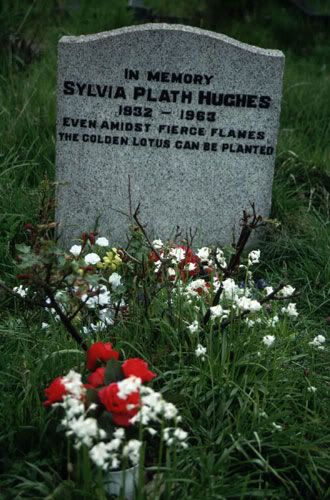
Journals
Plath began keeping a diary at age 11, and kept journals until her suicide. Her adult diaries, starting from her freshman year at Smith College in 1950, were first published in 1980 as The Journals of Sylvia Plath, edited by Frances McCullough. In 1982, when Smith College acquired Plath's remaining journals, Hughes sealed two of them until February 11, 2013, the fiftieth anniversary of Plath's death.
During the last years of his life, Hughes began working on a fuller publication of Plath's journals. In 1998, shortly before his death, he unsealed the two journals, and passed the project onto his children by Plath, Frieda and Nicholas, who passed it on to Karen V. Kukil. Kukil finished her editing in December 1999, and in 2000 Anchor Books published The Unabridged Journals of Sylvia Plath. According to the back cover, roughly two-thirds of the Unabridged Journals is newly released material. The American author Joyce Carol Oates hailed the publication as a "genuine literary event".
